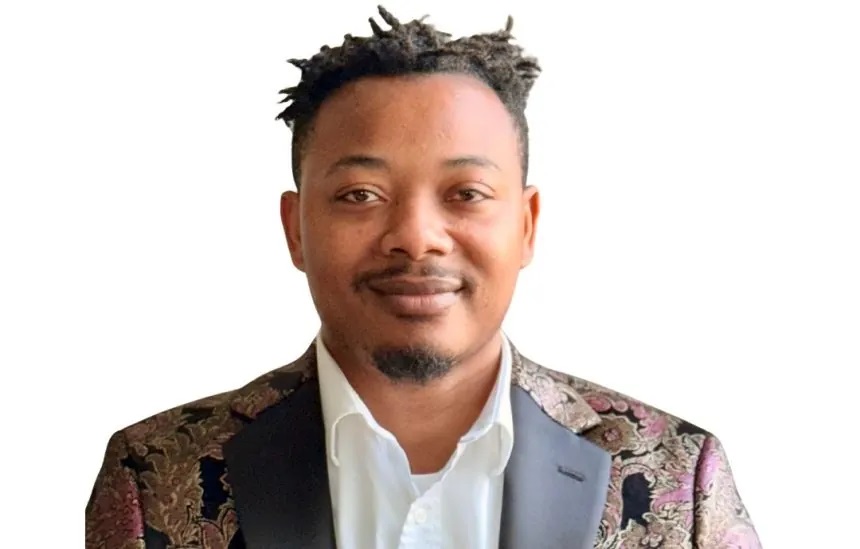Gbenga Akingbulere, a Nigerian software engineer, has been recognised as the 262nd Certified Global Tech Hero by The Connected Awards. The honour highlights his contributions to financial systems, public sector platforms, and cybersecurity projects across Africa, blending advanced engineering with measurable social impact.
Akingbulere, currently a Staff Software Engineer at Palo Alto Networks in the United States, began his journey at the University of Lagos before completing postgraduate studies in statistics at Oklahoma State University. Over the years, he has built a reputation for technical fluency across multiple programming languages and tools, while also publishing academic research in secure software engineering.
His professional path reflects a combination of academic rigor and hands-on innovation, showing how African talent can thrive on global stages while keeping roots in solving regional challenges.
Building Systems That Power Economies
Unlike many celebrated entrepreneurs focused on consumer apps, Akingbulere has worked on infrastructure-level projects that directly shape financial and government services.
His Teller Made Easy (TME) platform is used in more than 20 African countries, reducing banking transaction times and streamlining customer service. In the public sector, he designed an online tax payment system that improved revenue reconciliation and transparency for a central African government. He also led the creation of an AI-powered anti-money laundering workflow that automates regulatory reporting and reduces processing backlogs.
These projects demonstrate how software can quietly alter the way economies function, even when they attract less media attention than more glamorous tech startups.
The award comes at a time when African governments are under pressure to strengthen public finance systems, combat money laundering, and expand financial inclusion. Platforms like those Akingbulere helped design are not just technical solutions—they are governance tools that reinforce transparency and trust in institutions.
In addition, by mentoring younger engineers and contributing to research, he is adding to Africa’s pipeline of tech talent—an area often overshadowed by focus on short-term innovation rather than long-term capacity.
Why it Matters
Recognition, however, is only part of the story. Sustaining such large-scale systems across multiple countries brings challenges—cybersecurity risks, maintenance costs, and adapting to local realities, particularly in rural or underserved areas. There is also the question of data sovereignty, as governments increasingly rely on external tech expertise.
Still, Akingbulere’s journey underscores the importance of infrastructure engineering as a less visible but vital pillar of Africa’s digital growth.
His recognition raises bigger questions for Africa’s technology landscape: Will policymakers and investors begin valuing system architects and engineers who build the foundations of digital economies, or will the spotlight remain on consumer-facing startups?
As Africa debates its digital future, Gbenga Akingbulere’s example serves as a reminder that transformative change often comes from behind-the-scenes builders whose work quietly powers everyday life.
Talking Points
Gbenga Akingbulere’s recognition as a global tech hero is a clear reminder that real transformation does not always come from flashy apps or billion-dollar startups. It comes from the quiet engineers who build the systems governments and banks depend on. Maybe Africa has been idolizing the wrong tech stories—chasing the next “African unicorn” while ignoring those who are actually fixing core problems.Most people won’t know Akingbulere’s name, yet his platforms are touching millions of lives—whether it’s reducing bank queues or making tax payments smoother. This disconnect is worrying. If we keep celebrating only founders with PR-friendly products, who will celebrate the people who keep our systems alive?
Africa’s obsession with fintech and consumer apps often overlooks the backbone of digital transformation: infrastructure, enterprise systems, and cybersecurity. Without these, our digital economy will remain fragile and dependent on foreign providers. Akingbulere’s work is proof that Africans can build this backbone themselves. The question is whether governments and investors will prioritize it.





